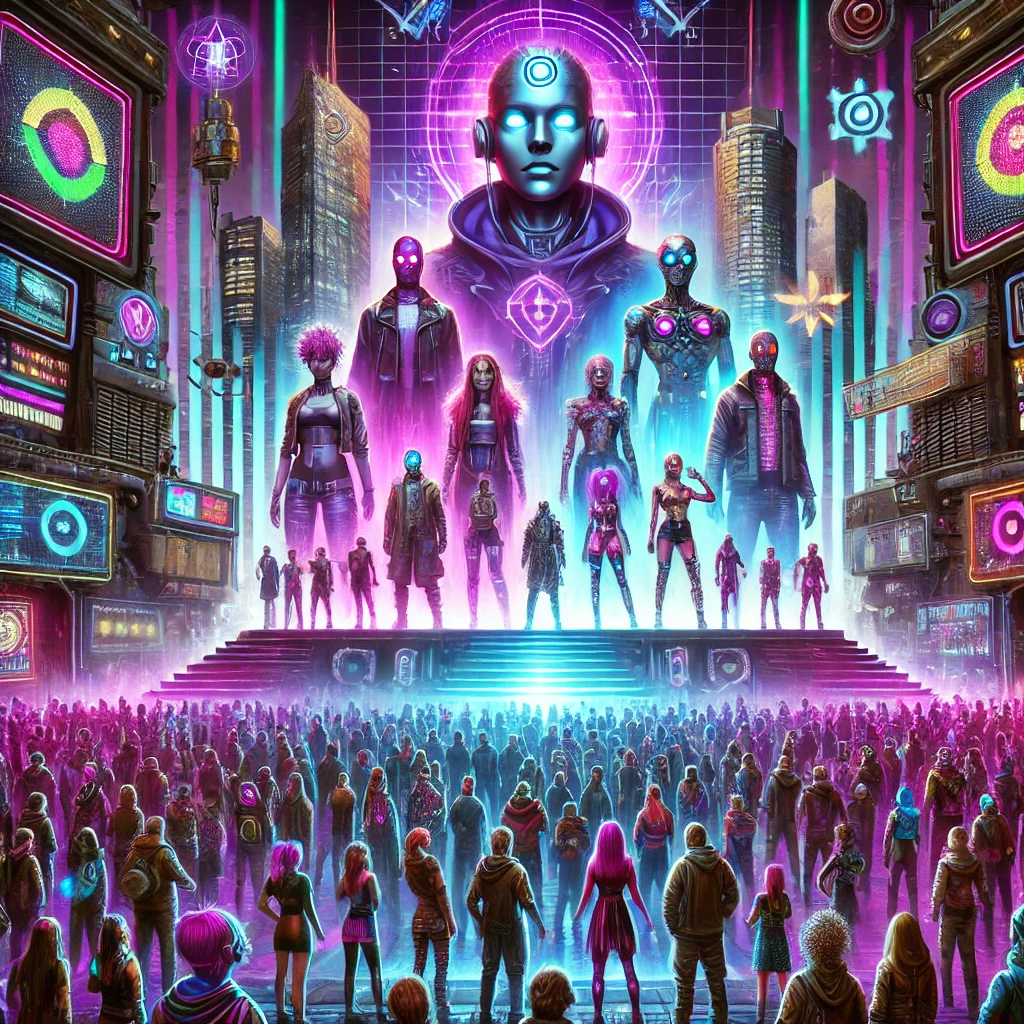Donna Haraway’s “Cyborg Manifesto” and Janelle Monae’s album “Dirty Computer” both deal with themes of identity and resistance to a marginalized system. Presenting themselves as “the other” or those who do not conform to societies standard instead making their own path, by finding strength in their differences. These standards being classified by human vs. machine, gender, and race. To them these are held in place to oppress the marginalized groups. Haraways cyborg symbolizes the resistance and Monae’s “Dirty computer” reflects on the struggle of those who resist societal expectations. These works offer empowerment to those who believe embracing ones own self identity rather than uniformity.
In Haraway’s “Cyborg Manifesto” she portrays the cyborg as a hybrid human/machine that blurs the line between societal norms. The cyborg being part human and part machine is transcending human capabilities and not limiting . Her cyborg challenges the idea that technology is dehumanizing people but rather expand our human abilities. She also challenges the idea that Ai is negative/corrupting/impure. She aligns with the idea that technology is good/helpful because only propels the human race further. For example advancements in technology has led humans to making scientific breakthroughs so that we can live long lives . In Monae’s song Dirty computer it is a metaphor for someone who is impure based on societies standards. By rejecting the idea of purity she exemplifies that people shouldn’t have to fit into categories for identity. This song celebrates the uniqueness and power people hold when the diverge from these standards set by society. Throughout the album is like a journey of acceptance, by embracing the “dirty” she explains this is what make being a human so beautiful. We are able to be multifaceted so many different forms like technology. In Monae’s song “Django Jane” she is celebrating her Afrofuturistic nature and how far she’s come against the system of oppression because of her resilience.

